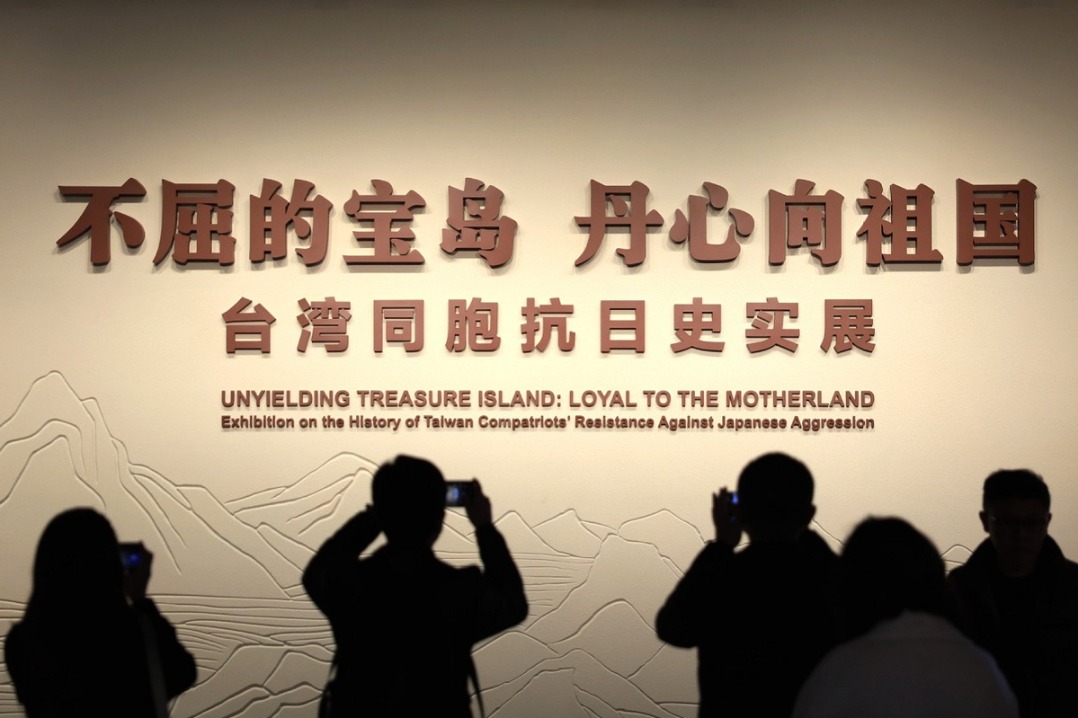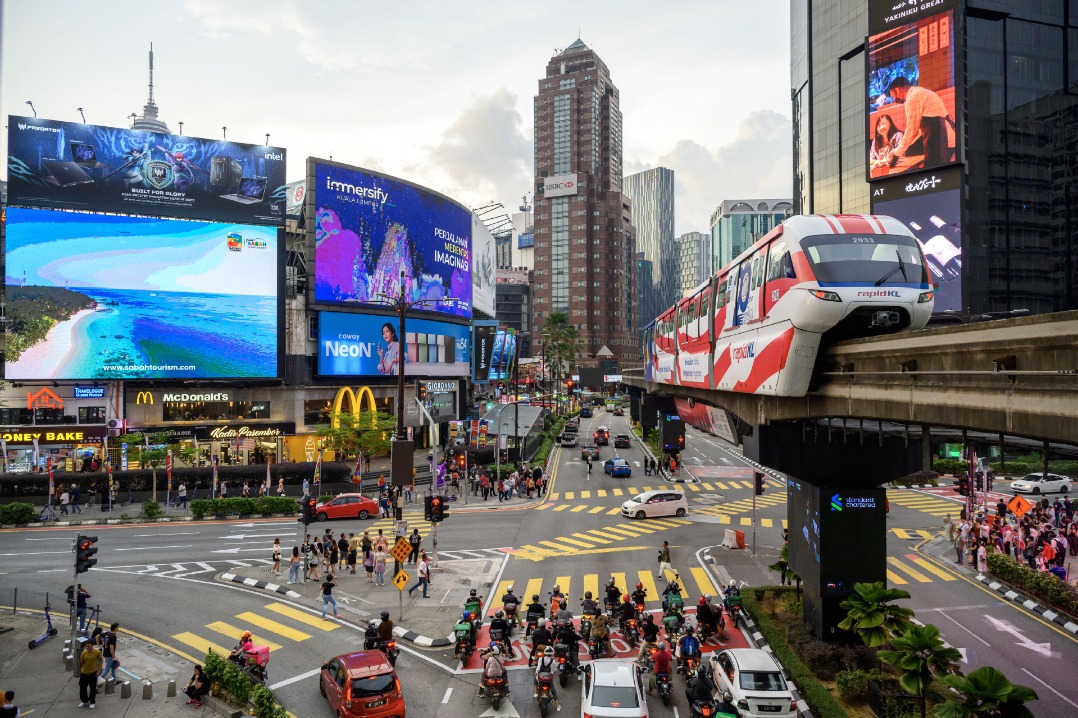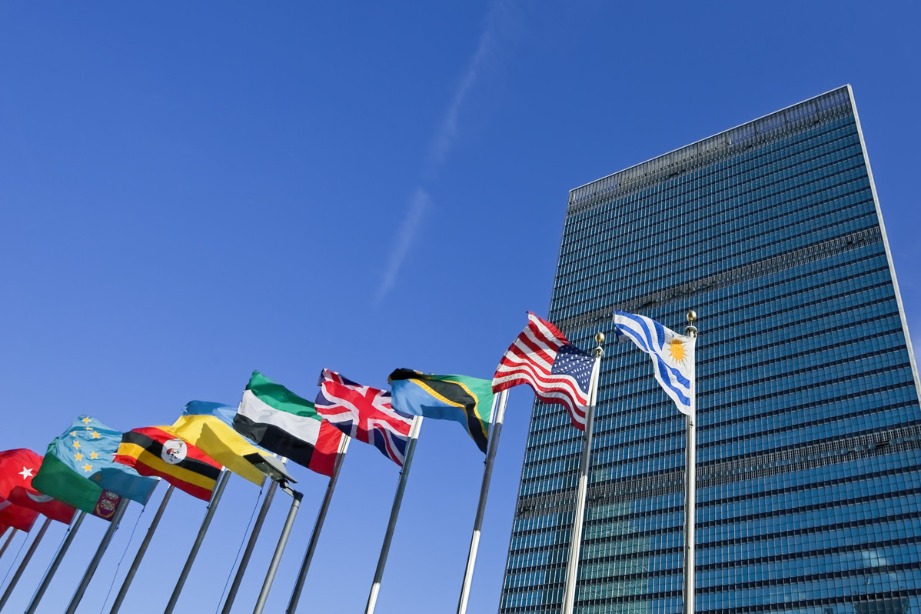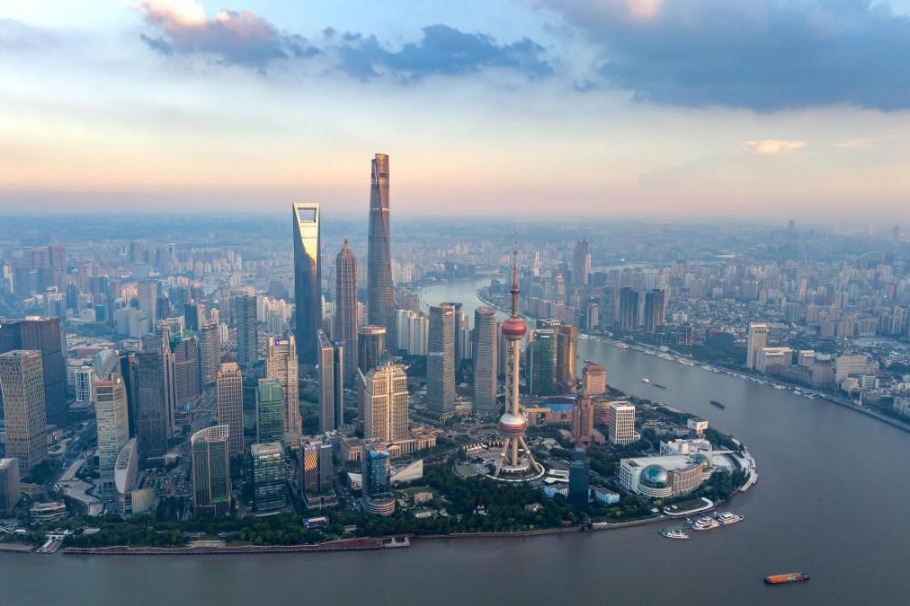Asia's moment
With the full participation of all key economies in the region, the RCEP is serving as a buffer against the onslaught of disruptive pressures from the West


With the full participation of all key economies in the region, the RCEP is serving as a buffer against the onslaught of disruptive pressures from the West
"Better late than never", said a Philippine business consultant on learning that the senate in the Philippines had finally ratified the Regional Comprehensive Economic Partnership pact, bringing together 10 members of the Association of Southeast Asian Nations and the Republic of Korea, Japan, New Zealand and China. Together, the pact covers 30 percent of the world's GDP, trade volume and population.
After deliberating through the evening on Feb 21, 20 Philippine senators finally voted to endorse the RCEP agreement with one dissenting vote and one abstention. One of the most contested issues in the Philippine politics was finally resolved after dissenting voices from the country's farm sectors were calmed by those advocating for expanding regional and global trade and investments.
The Philippine farm sector was justified in its fears of being left behind in the push toward greater trade liberalization with the Asia-Pacific region's major economies and global economic powerhouse, China, raising its perennial concerns over the Philippine political-economic elite's dereliction of duties to provide support and infrastructure facilities to sustain select farm sector's viability.
On the other hand, the Philippine economy would be indeed left far behind in countless sectors, from already indispensable and diversifying fruit exports in the China market, to potential industry and supply-chain offshoring by China and other East Asian industrial giants because of lower labor costs, tax breaks and other advantages in the ASEAN countries.
Even in the industrial and manufacturing sectors, the Philippines faces tremendous challenges from fellow ASEAN countries. The archipelagic country has the natural disadvantage of shipping distance from the continental markets and is compounded by lagging and expensive privatized domestic transportation infrastructure.
One seemingly intractable obstacle to foreign industrial and manufacturing investment allure for the Philippines in the past 30 years has been the "most expensive" power rates among ASEAN countries for any investor: three-times higher than China, double that of Vietnam and 30 percent higher than Thailand.
These factors weigh heavily on the Philippines' competitiveness within the RCEP system, but there's no question that the advantages outweigh the challenges as the Philippines needs to overcome the shortcomings for its own benefit. However, the Philippines' ratification of the RCEP signals its readiness to rise to the challenges.
Cooperation with China is a vital consideration for the Philippines to be effective in its bid for progress and prosperity within the RCEP framework. China and its cooperation, assistance, financial support and business investors are crucial in the Philippines' drive to overcome the deficits in basic utilities and infrastructure. Although China is already assisting in all its needs, more is needed.
However, there are indications that the current administration will find its balance again, the ratification of the RCEP being a clear signal of positive things in the offing. Their hope for economic recovery and prosperity is the positive driving force behind this.
The country's economic team pressed hard for the agreement's ratification. The secretary of the National Economic and Development Authority said the ratification of the RCEP was vital to the country's future, describing the ratification as a "bold and game-changing move … (that RCEP would provide) …another engine for growing the economy and making it part of rapidly rising Asia".
The RCEP is a major and historic step toward regional economic integration for greater efficiency and synergy of the regional economy, and with the full participation of all the key economies in the region, it is serving as a buffer against the onslaught of disruptive pressures from the powers of the West who are seeking to distract Asia from its positive momentum.
Regional economic integration will fortify Asia and its surrounding Pacific cooperating nations as a bastion of economic security and prosperity to enable the region to share its success and bounties after the West settles down from its current turmoil and dysfunction. Asia's economic strength and political stability will help restore the world when the dust and din subsides.
The author is founder of the Asian Century Philippines Strategic Studies Institute. The author contributed this article to China Watch, a think tank powered by China Daily. The views do not necessarily reflect those of China Daily.
Contact the editor at editor@chinawatch.cn.

































